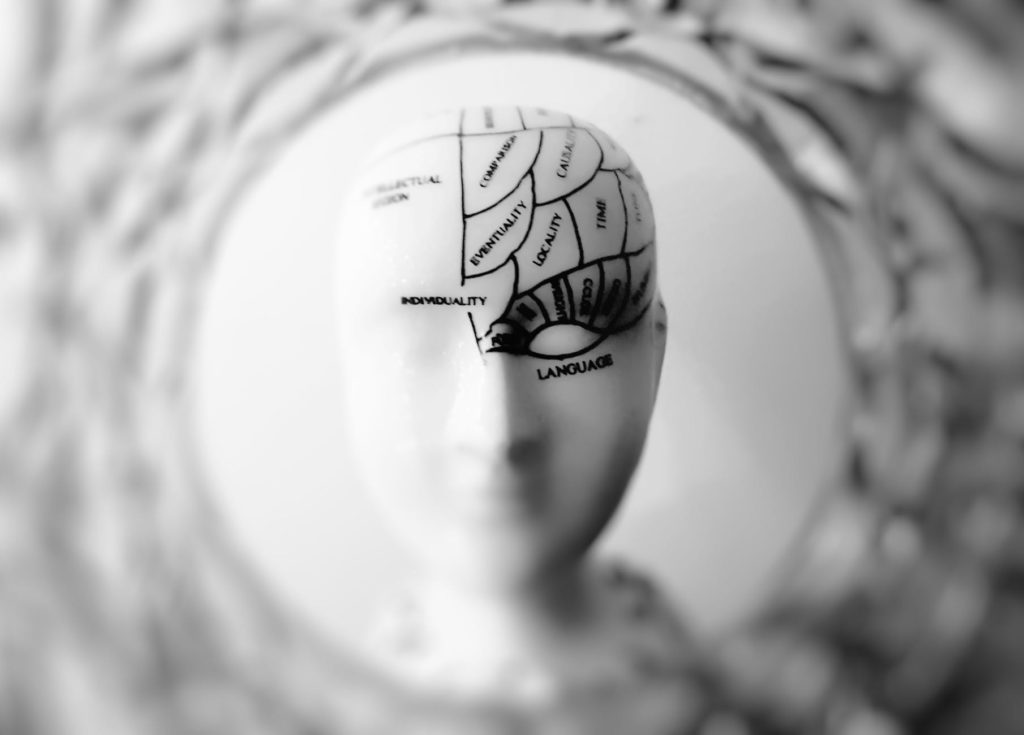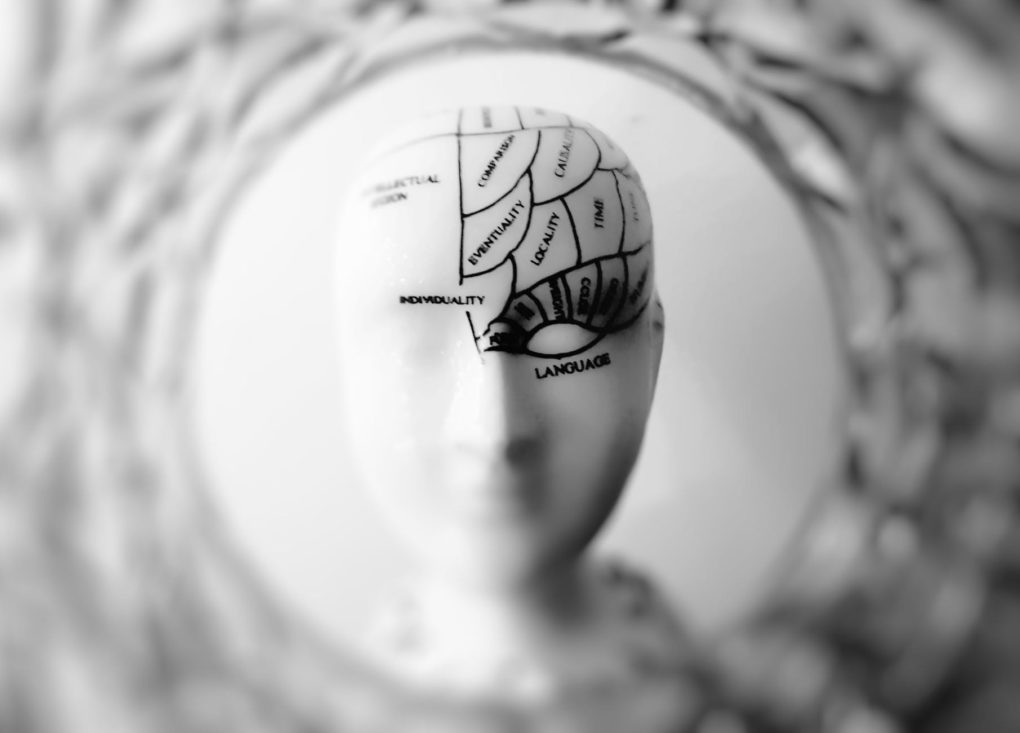What You Should Know About Headaches Following Brain Injury

About 1.7 million people suffer from Traumatic Brain Injuries (TBI) every year. These injuries have a major impact on the lives of the patient and their families. Many symptoms and complaints are associated with traumatic brain injuries. One common issue that doesn’t subside even after years of injury is headaches. The headaches that follow brain injury are referred to as a post-traumatic headache.
Post-Traumatic Headache (PTH)
A Post-Traumatic Headache is defined as a headache that develops after the patient has regained consciousness or within seven days of the traumatic brain injury. Different types of post-traumatic headaches have been observed in patients, but the most common one resembles migraine and tension-type headache.
Widget not in any sidebars
Migraine Headaches
Migraine happens when an area of our brain becomes hypersensitive and triggers a pain signal which spreads to other parts in the brain, creating a ripple effect. These headaches exhibit the following symptoms:
- Nausea or vomiting
- A throbbing, dull sensation on either side of the head
- Sound and light sensitivity
- Moderate to severe pain
- The patient might get a warning sign indicating that a migraine is about to come on. This is referred to as an aura.
Tension-Type Headaches
Tension-type headaches are generally associated with muscle stress or muscle tension. They are usually recognized by the following symptoms:
- Mild to moderate pain
- Occurring later in the day
- Squeezing, tight sensation typically on both sides or around the entire head
Several research studies show that the headache occurring after a brain injury usually resolves within a period of three months. However, in about 18 to 65 percent of cases, the headache persists for longer and is referred to as a persistent post-traumatic headache. People with a family history of migraines and females are generally thought to be at a greater risk of suffering from a persistent PTH.
What Causes Post-Traumatic Headache and How Is It Investigated?
The cause of post-traumatic headaches isn’t well understood, but we assume relate to brain shrinkage, swelling of brain structures, and the release of certain chemicals. Most PTHs aren’t dangerous and don’t need extensive testing. However, an MRI scan or a CT scan may be required in cases of severe injury to ensure that there is no brain bleeding.
How Can PTH Be Treated?
People who experience headaches following a brain injury can experience difficulties performing daily activities and the pain can impact their quality of life. Doctors should consider all aspects of the symptoms of the patient. The most effective treatment is medication. Some medications like pain medicines or anti-inflammatories are used in the first few weeks of headache. If the headache doesn’t go away and remains moderate to severe, then preventative medication may be added.
If you experience post-traumatic headaches, you should ensure you are visiting your doctor regularly. You may need health insurance to cover the hefty medical expenses so visit iSelect.com to compare plans and select the best health insurance plans.



